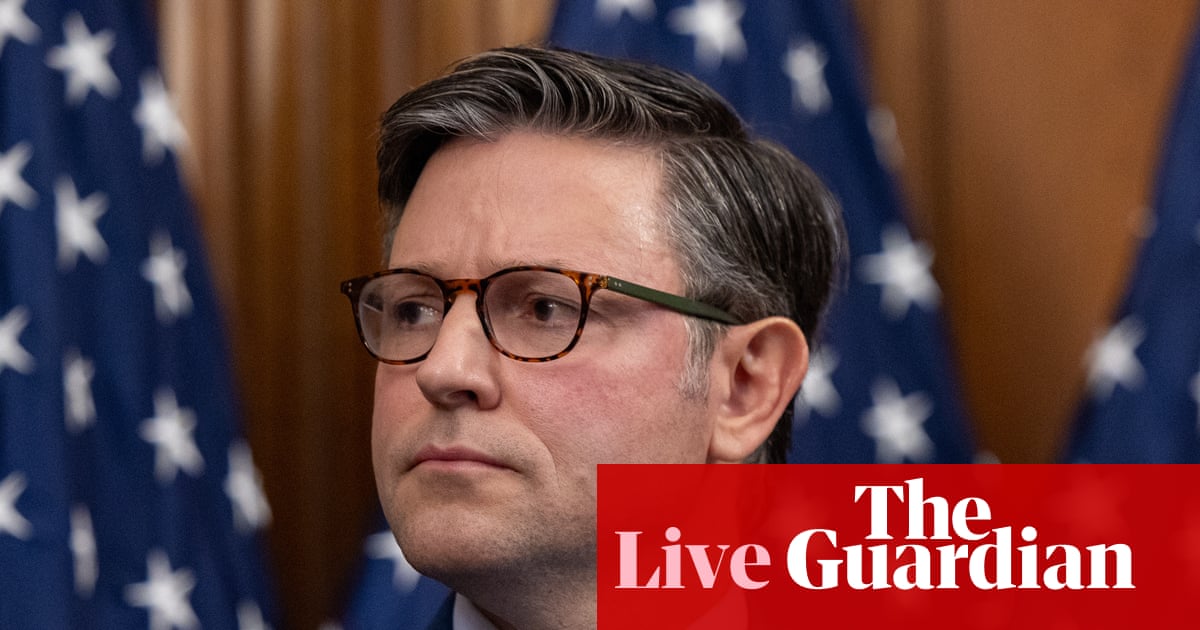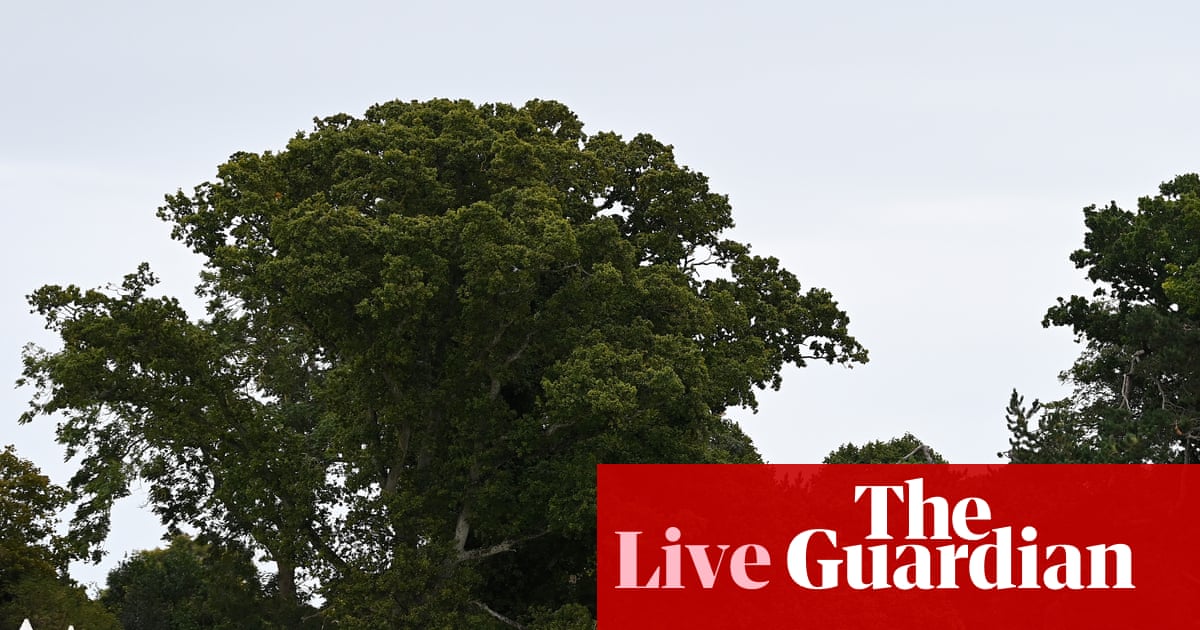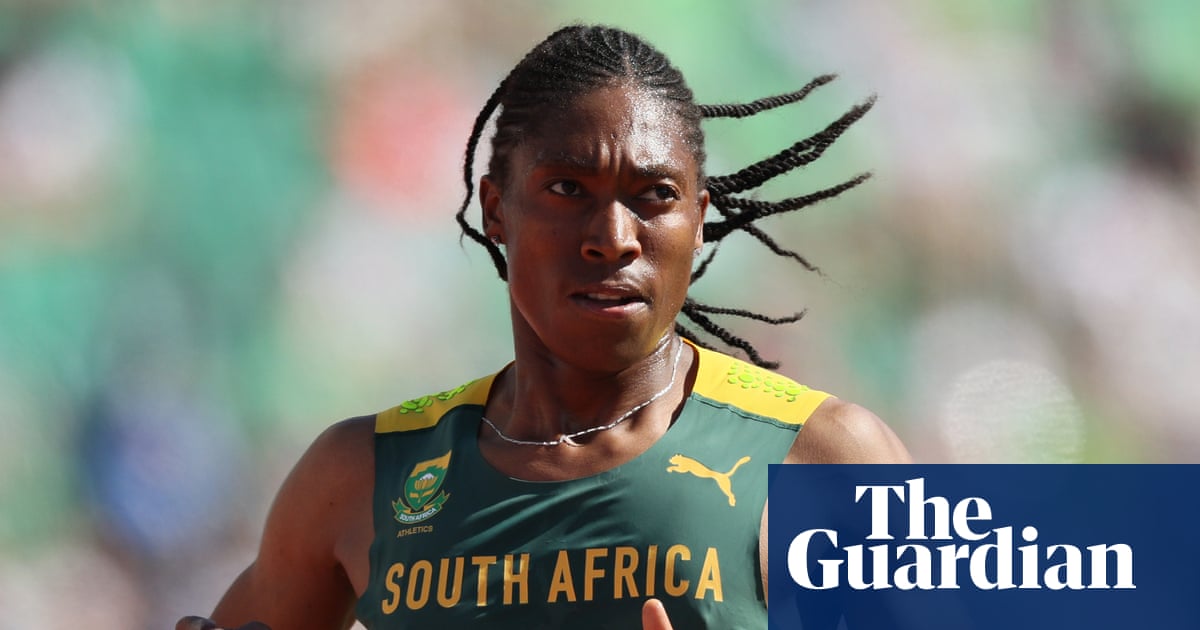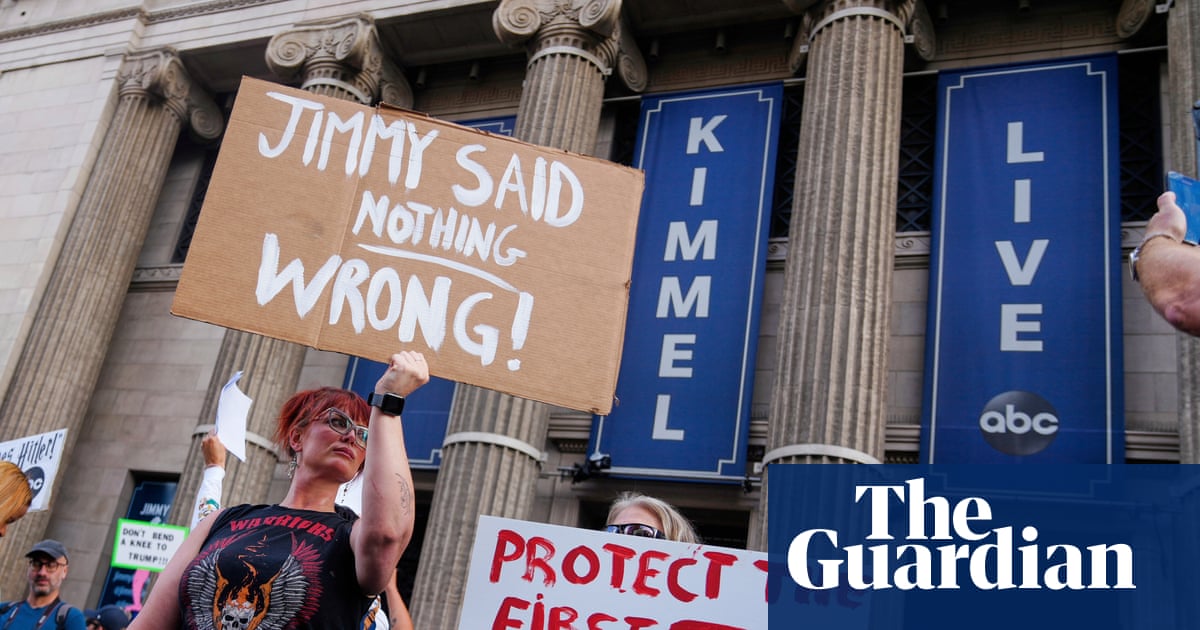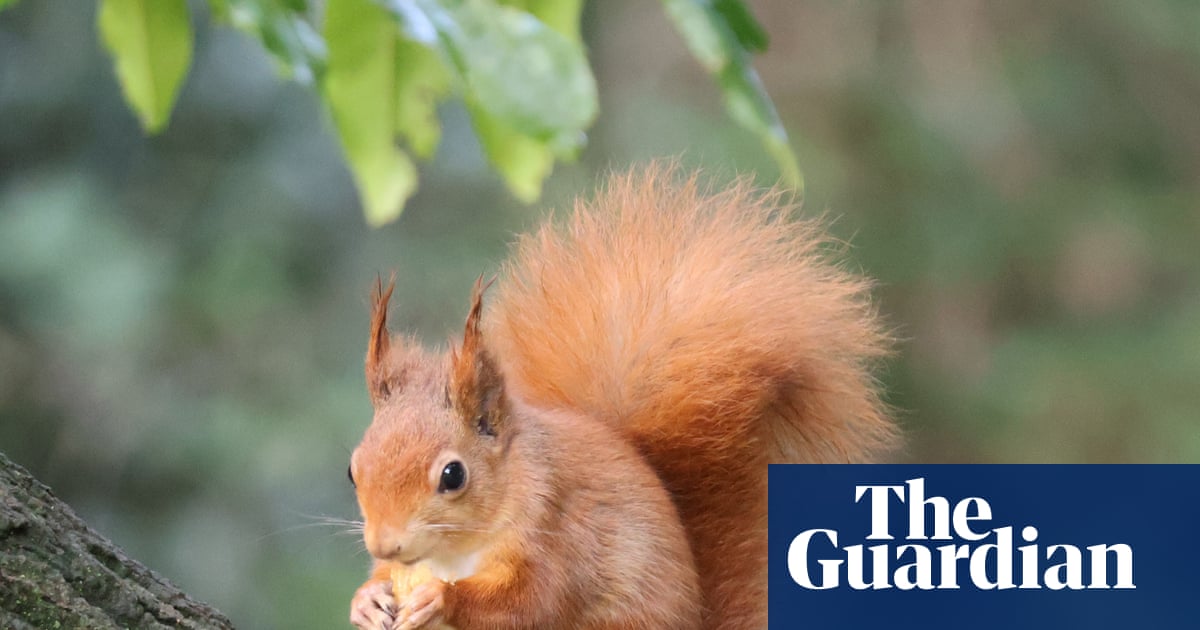The government’s renewed focus on child sexual exploitation (CSE) gangs is overdue, and the new national inquiry recommended by Louise Casey must deliver justice, not just headlines. All child sexual abuse is horrifying. But the extreme sexual violence and financial incentives involved in gang-based offending demand special scrutiny. So do the institutional failures by police and councils, particularly in northern England, where numerous gangs operated.
Past inquiries have exposed these institutional breakdowns. They have also shown that a reluctance to inflame racial tensions played a role in the way that some complaints were mishandled. That doesn’t excuse the inaction – nor justify turning a public safety issue into a culture war.
It is arguable that the independent inquiry into child sexual abuse was too broad, while implementation of its recommendations has been too slow. Given such deficiencies, it was right that the home secretary, Yvette Cooper, apologised to victims on Monday. The National Crime Agency’s new role in investigating CSE gangs, known as grooming gangs, is a positive step. But the hundreds of convictions already secured by local police – including a case that concluded in Manchester last week – must not be overlooked.
Sir Keir Starmer may struggle to live down his assertion that calls for an inquiry emanated from a “far‑right bandwagon”. But he is right that far-right voices exploit this issue. In the context of mob violence in Ballymena, and last year’s English riots following the Southport murders, it is not wrong to be anxious about community cohesion.
Group-based child sexual abuse is a small fraction of child sexual abuse overall (5.4% of the total number of contact offences in 2023). The CSE gangs that the new inquiry will look at are one subset of that – along with familial and institutional groups. In 2023, 83% of recorded group-based offences were committed by white men. While Lady Casey’s report noted that Pakistani-heritage men were overrepresented in some areas, it also said more robust data was needed at a national level.
Elon Musk’s sudden interest in the subject propelled these gangs into news headlines at the start of this year. But social media platforms such as Mr Musk’s are themselves increasingly implicated in the abuse of women and girls. The making and sharing of pornographic images have been a factor in grooming gang cases, while the risks from AI and virtual-reality spaces are rapidly growing. Along with the new inquiry, ministers must be pushed to crack down on these new threats.
Labour’s manifesto pledge to reduce violence against women and girls by 50% was based on an understanding that this is an area of chronic failure. Along with online harms, the situation in the courts is dire after deep cuts to justice budgets. And while years of underinvestment cannot be rectified overnight, it is dismaying that this pledge appears to be a low priority. Apart from a few pilot schemes, the government has little to show for its first year in office. An updated strategy has not been published, and last week’s spending review announcements do not give the Home Office much room to innovate.
The new child sexual exploitation inquiry should deliver meaningful findings, particularly if an overly drawn-out process is avoided, as Lady Casey recommends. But a Labour government ought to take a more comprehensive approach to the safety of women and girls.

 3 months ago
138
3 months ago
138
